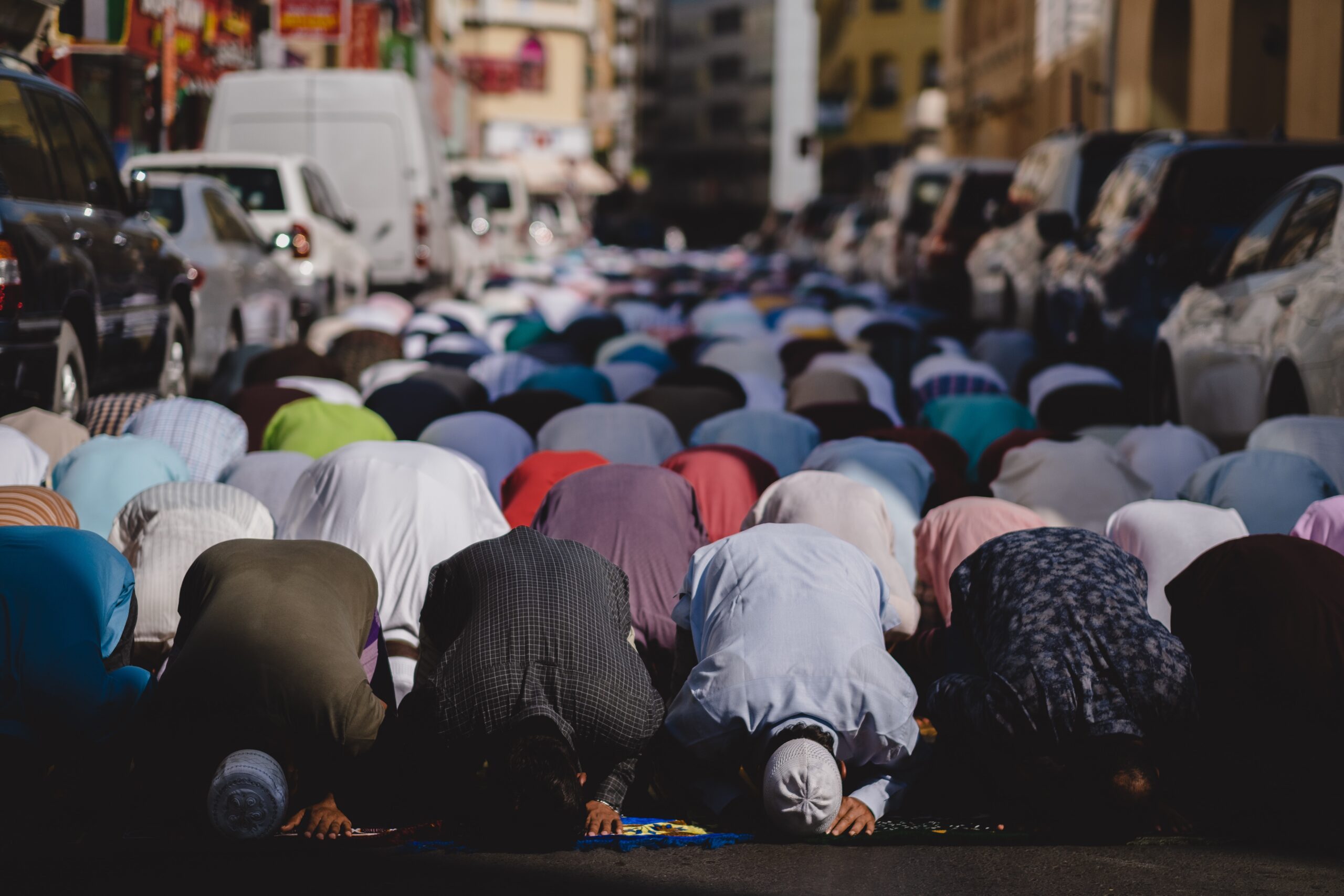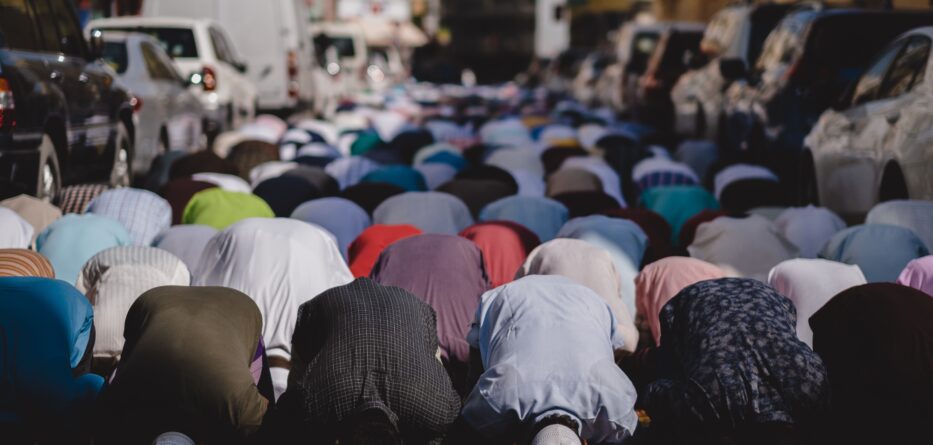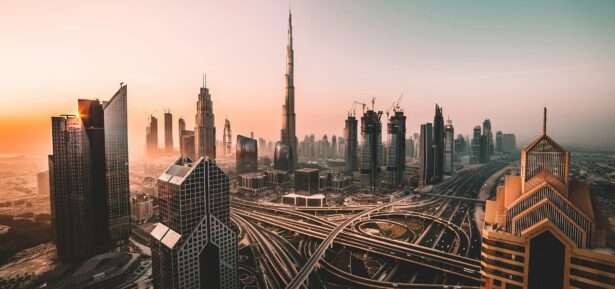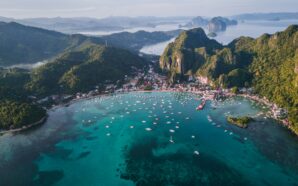

Credit: Unsplash
Sudan’s Paramilitary Group Targets Islamists: Repression and Detentions Escalate
In Sudan, the Rapid Support Forces (RSF) have launched a wave of repression, detaining Islamist leaders and activists who are seen as political opponents. These arrests began even before the conflict erupted in April and have intensified since then.
The Islamist movement in Sudan strongly opposes the RSF’s leader, Mohamed Hamdan Dagalo, fearing that he will obstruct their attempts to regain the political and economic power they once held in Khartoum. Dagalo, a former militia leader from Darfur, has been accused of involvement in multiple massacres. Presenting himself as a reformer, he publicly labelled Abdel Fattah al-Burhan, the de facto military leader, a “radical Islamist.”
During the ongoing conflict, Dagalo recently boasted about the detention of thousands of Islamists, including former intelligence service members and militia affiliates. While the exact numbers lack independent confirmation, several prominent figures within Sudan’s Islamist movement have been apprehended, including Mohamed al-Jazouli and Anas Omar.
Sudan paramilitary group boasts of detaining Islamists https://t.co/g2KXX66Ds0
— Guardian news (@guardiannews) June 19, 2023
The attitudes of the main actors involved in the conflict towards the Islamist movement carry significant weight, despite the Islamists’ recent avoidance of public roles. Analysts suggest that Dagalo aims to portray Islamists as a major threat and position himself as their sole counterforce, serving his political and economic interests due to their deep involvement in Sudan’s economy.
The conflict in Sudan has resulted in the loss of over 2,000 lives and inflicted suffering on millions. Al-Burhan has rallied supporters of the former dictator Omar al-Bashir’s regime, which heavily relied on Islamists. These supporters sought to establish a religiously governed system, despite Sudan’s sizable Christian minority.
Islamists have long had a notable presence among the regular military officers opposing Dagalo’s RSF in Khartoum and other regions, constituting approximately two-thirds of these officers. Historically, Islamists have strategically infiltrated the army, aware of the army’s ability to exclude them from politics. They covertly planted cells within the military to preserve their influence.
Al-Burhan, primarily concerned with maintaining military power and protecting economic interests, lacked a political base upon assuming power. Thus, he turned to veterans of Bashir’s regime to counter challenges from pro-democracy forces and Dagalo. Initial attempts at reform, including purging Islamists, were abandoned and reversed after the 2021 military coup, dashing hopes of a transition to democracy. Many senior Islamists, who had fled to Turkey, returned to Sudan.
-
Plans for Neom’s ambitious “The Line,” a zero-carbon city in Saudi Arabia, have been revised, scaling back its initial...
-
In a significant escalation of the ongoing dispute over misinformation, Brazil Supreme Court Justice Alexandre de Moraes has initiated...
-
Mumbai Takes the Throne for the Most Billionaires in Asia In a historic milestone, Mumbai has overtaken Beijing to...
-
French President Emmanuel Macron emphasized the need for Western powers to remain vigilant in the face of the Ukraine...
-
The Philippines has strongly denounced what it described as “unprovoked acts of coercion and dangerous maneuvers” by China in...
-
As Moscow Prepares to Bid Adieu, Navalny’s Funeral Raises Uncertainties and International Allegations The spokesperson for Alexei Navalny has...
-
On the two-year anniversary of the ongoing conflict between Ukraine and Russia, there is much to reflect upon. Since...
-
The Office for National Statistics (ONS) released official figures on Wednesday, revealing that the United Kingdom posted a record...
-
Greece has become the first Christian Orthodox-majority country to legalize same-sex marriage, marking a significant step forward for LGBTQ+...
-
Massive Deflation in China as CPI Plummets by 0.8% China faces mounting challenges as its consumer prices spiral deeper...
-
3 Days of Consecutive Snowing Has Wreaked Havoc on Transportation As China prepares to celebrate the Lunar New Year,...
-
Rapid Growth in Electric Cars Propels China to The Forefront of Global Vehicle Exports China has surpassed Japan as...




















